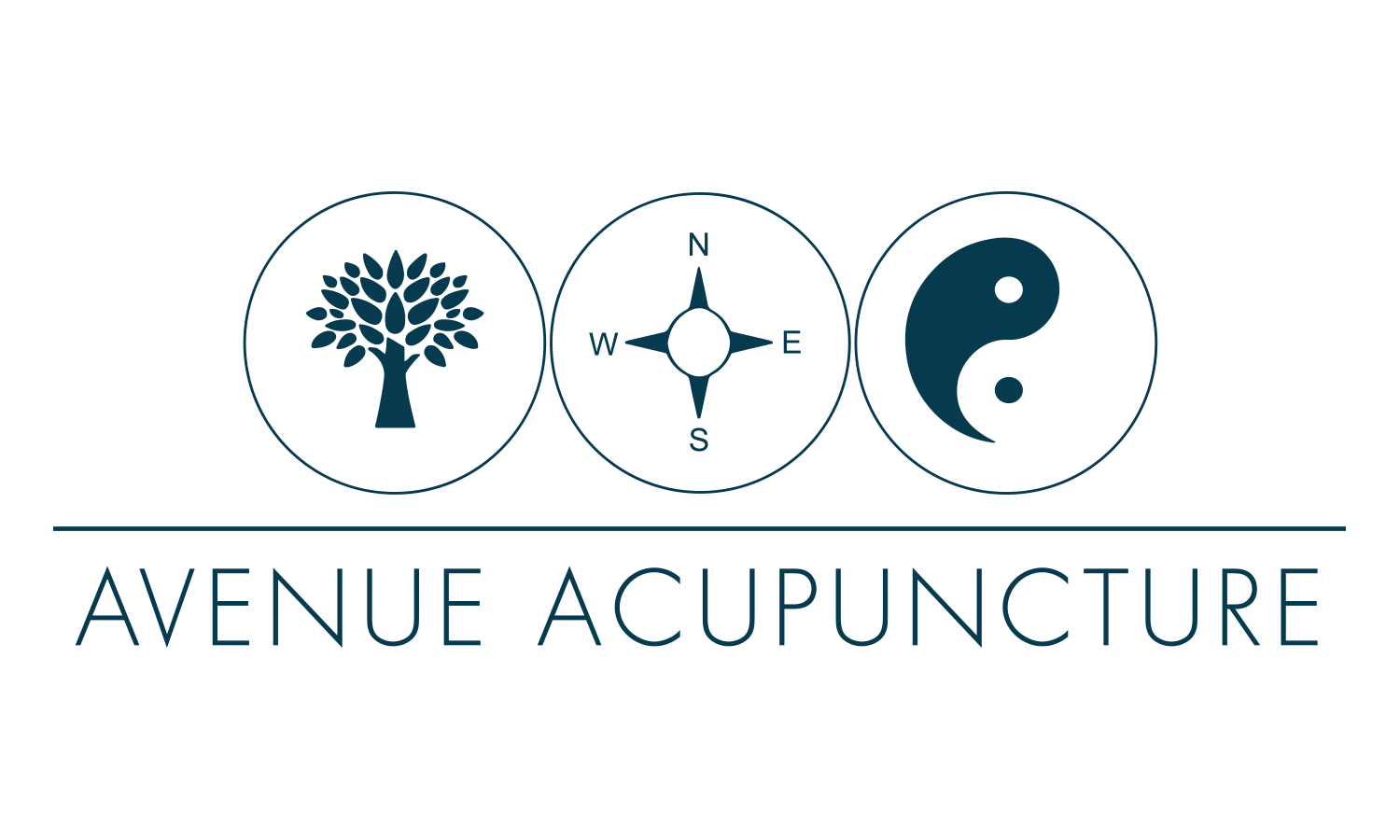What is Traditional Chinese Medicine?
Traditional Chinese Medicine (TCM) is a complete medical system that can be used alone or in conjunction with other medical systems. It has developed out of a long, well documented history that is continuously evolving through research and modern clinical experience. TCM uses five main modalities including acupuncture, Chinese herbal medicine, Chinese medical massage known as 'tui na', eastern dietary therapy, and moxibustion. By integrating these five therapeutic modalities, you will receive a specific treatment catered to your individual needs. A treatment strategy will be created for you based on condition, chronicity, and constitution. TCM theory is based on the premise that imbalances and blockages in the body are contributing factor to disease. A holistic approach by simultaneously promoting well-being and relieving the chief complaint is our primary goal to facilitate a path to healing.
What Does Constitution Mean?
If a substantial amount of people are exposed to the same common cold pathogen, why do only some of them get sick and why does the cold manifest differently for each person? What dictates the slight variations in the cold? From a Chinese Medicine prospective, each patient is treated as an individual because it is thought that each patient has a tendency to different variations of disease. These variations are thought to be predetermined and also influenced by the way we treat our bodies daily.
Given the patient's constitution, disease can be predicted and prevented. This is partially the reason why you don't have to be sick to receive acupuncture and is especially true during season change when the body is most susceptible to disease.
What is Acupuncture?
Acupuncture is the most well-known TCM modality in which thin, single-use, sterile needles are inserted through the skin at various depths to elicit a therapeutic effect. There are more than 365 acupuncture points on the human body. During a treatment, local, adjacent, and distal points will be selected. For example, if there is shoulder pain, it is common to use points on the shoulder (local), arm (adjacent), and distal (leg) to treat this condition. Benefits of acupuncture may include improved sleep, energy and digestion. In general, it may also improve physical, mental, and emotional wellbeing.
A wide variety of acupuncture styles and microsystem may be utilized during treatment. These will be selected based on a variety of factors.
Recent biomedical research suggests that acupuncture can alleviate pain by decreasing inflammation, releasing endorphins, and interrupting pain signals to the brain.
Traditional Chinese Medicine can treat a wide variety of both acute and chronic conditions
Acute and Chronic Pain
Back and neck pain, sciatica, joint and muscle pain, arthritis, acute injuries such as strains and sprains, fibromyalgia, tennis elbow, TMJ, foot pain, toothache
Autoimmune Conditions
Lyme disease, lupus, HIV and AIDS, multiple sclerosis (MS), hepatitis
Neurological Conditions
Stroke, bells palsy, diabetic neuropathy, neuralgia
Headaches
Sinus, tension, cluster, and migraine headaches
Digestive and Bowel Health
Acid reflux, gastritis, abdominal bloating and pain, gas, irritable bowel syndrome, constipation, diarrhea, hemorrhoids
Mental & Emotional Health
Anxiety, depression, insomnia, fatigue, PTSD, acute or chronic stress
Men & Women's Health
Impotence, urinary frequency or infrequency, kidney stones, burning or painful urination, fertility issues, menstrual cramping and pain, heavy periods, amenorrhea, bloating, PMS, menopause
Adverse Reactions to Chemotherapy and Radiation
Nausea, vomiting, night sweats, fatigue, pain
Labor & Delivery
Morning sickness, labor induction, and malposition of the fetus
Addiction
Smoking cessation, drug and alcohol detoxification, food addiction
Respiratory Health
Common cold, flu, sinus infections, asthma, allergies, edema, sore throat, nasal congestion
Dermatology
Eczema, psoriasis, acne, hives, roseacea
Facial Rejuvenation
Crows feet, fine lines, wrinkles
What to Expect Visiting Our Office
Initial Treatment
We recommend that you complete our initial paperwork via the patient portal before coming to your first appointment. The paperwork will be e-mailed to you after you make an initial appointment. If you have trouble logging on, or filling out your paperwork, please call us at 518-569-6275.
The first treatment will take about 90 minutes. In this time, we will do a detailed intake and assessment of both your condition and constitution. Don't be surprised if we ask you questions that seem unrelated to your chief complaint - these questions are meant to get the full picture of how your body functions. After we conduct the intake, we will examine your pulse and tongue. In Chinese medicine, these are other diagnostic techniques that will inform us about your condition. We may also conduct a physical examination. This appointment will include full treatment so please dress in loose fitting, comfortable clothing. Following treatment, herbal medicine, lifestyle modifications, or dietary recommendations may be prescribed. Additionally, a course of treatment will be explained so you know what to expect.
Follow Up Treatment
Treatments following the initial consultation will be based on the course of treatment we deem appropriate for you. All appointments following the first treatment will take 60 minutes and include a brief intake, assessment of your progress, and a full treatment. We will adjust the subsequent treatments based on your progress.
After Treatment
Following treatment, most patients feel relief of symptoms. In addition, you may feel energized, relaxed, and refreshed. It’s also possible to feel tired or sore after treatment, these symptoms typically resolve quickly. As mentioned above, a treatment plan will be established based on condition and response to treatment. If you have any questions, comments, or concerns about the process, please feel free to reach out to us.


